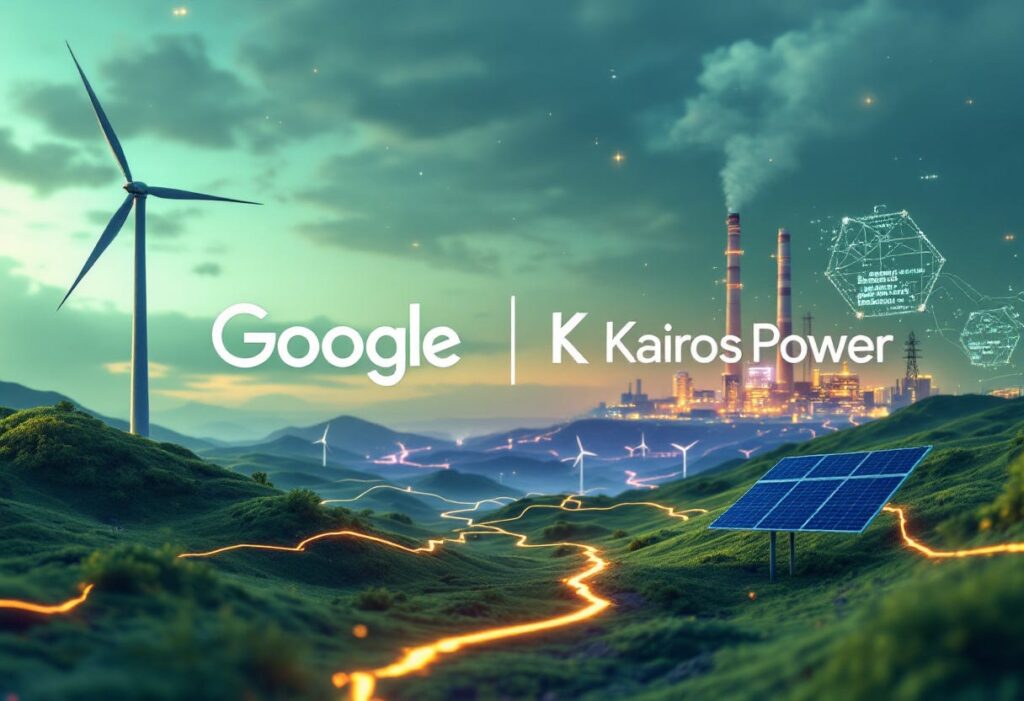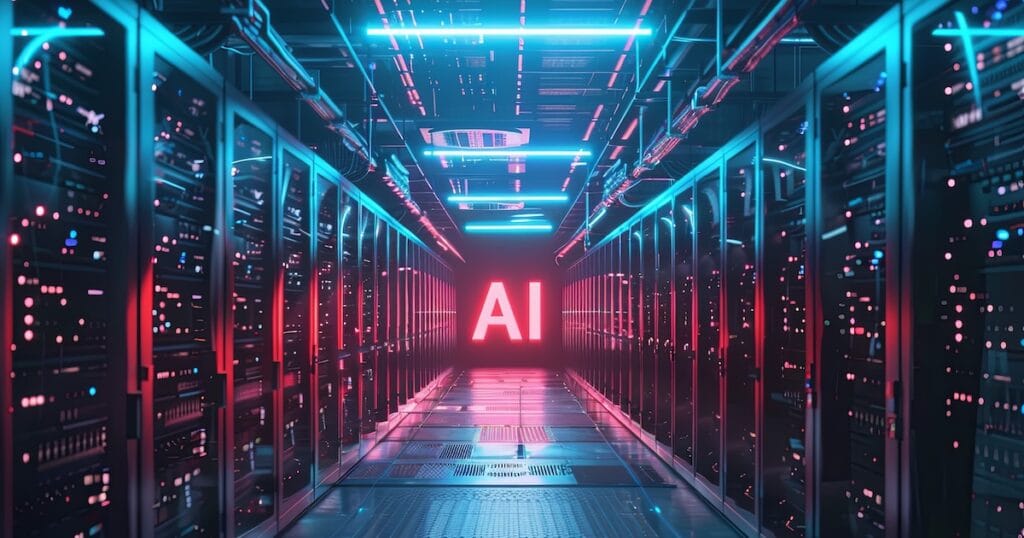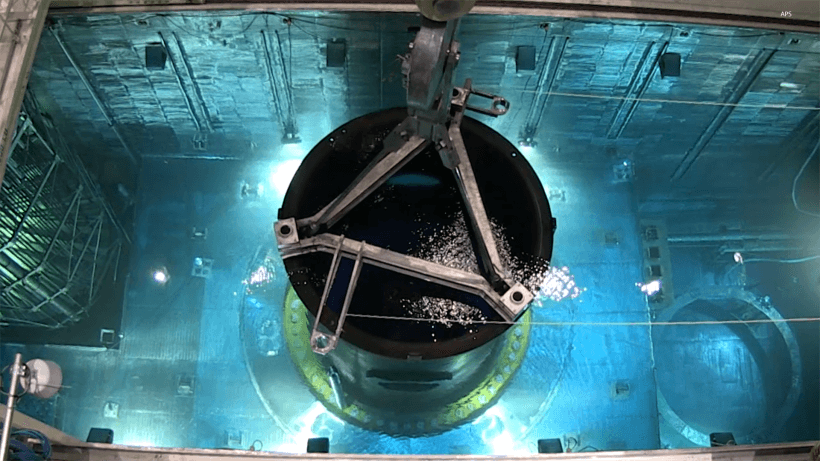Google’s bold shift to nuclear reactors for powering AI data centers. Is it a breakthrough in technology or a potential risk to AI growth?
Google Turns to Nuclear Reactors to Power AI Data Centers
In a bold move to address the escalating energy demands of artificial intelligence (AI) data centers, Google recently signed an agreement with Kairos Power to use advanced nuclear reactors to power its facilities. This partnership, expected to take effect in the coming decade, marks a significant step for both the tech and energy industries. As technology firms lean into nuclear power to sustain massive data processing and cooling needs, questions arise about the potential risks and rewards of this innovative energy shift.
Why Nuclear Power?
The rapid development of AI has led to a surge in demand for energy-intensive data centers. As AI models become more sophisticated, they require large-scale, high-performance computing, which consumes vast amounts of electricity. To address this need, technology companies like Google are exploring sustainable energy solutions, turning to nuclear power as an alternative to fossil fuels.
In July, Google signed a partnership with Kairos Power, a California-based startup specializing in advanced, small-scale nuclear reactors. Unlike traditional reactors, Kairos Power’s reactors use molten fluoride salt as a coolant, making them safer and more efficient. Their smaller footprint and reduced emissions make these reactors an appealing choice for companies aiming to reduce their carbon impact.
The Technical Edge of Nuclear Reactors
Google’s small-scale nuclear reactors promise substantial environmental benefits. Nuclear energy produces minimal carbon emissions, unlike fossil fuels, and provides a stable, continuous energy source. This is especially valuable for AI data centers, which require reliable power around the clock to keep operations running smoothly and to maintain the cooling systems necessary to prevent equipment overheating.
According to Michael Terrell, Google’s Senior Director for Energy and Climate, “The grid needs new electricity sources to support AI technologies…This agreement helps accelerate a new technology to meet energy needs cleanly and reliably, unlocking the full potential of AI for everyone.”
However, it’s worth noting that the project is still in its early stages. Google’s partnership with Kairos Power must pass approval from the U.S. Nuclear Regulatory Commission and local agencies before construction can commence. Kairos Power began construction of its demonstration reactor in Tennessee in July, which will serve as a model for future builds.
A Growing Trend in the Tech Industry
Google’s pivot towards nuclear energy aligns with a broader industry trend. Microsoft recently announced a similar deal to restart operations at the historic Three Mile Island nuclear plant, while Amazon has invested in nuclear-powered data centers in Pennsylvania. This shift reflects a new era where tech giants increasingly recognize the need to secure reliable, carbon-free energy sources to fuel their energy-hungry operations.
John Moore, an industry editor at TechTarget, explains, “These data centers are equipped with specialized hardware that requires significant power and generates a lot of heat.” Goldman Sachs predicts that energy consumption by data centers could more than double by the end of the decade, further pushing the industry towards sustainable power sources.
Nuclear Energy: Innovation or Risk?
Despite its advantages, nuclear power does carry inherent risks. Critics argue that while nuclear energy is carbon-free, it generates radioactive waste that can persist for thousands of years. Additionally, accidents—although rare—can have devastating consequences. The Three Mile Island incident, America’s worst nuclear accident in 1979, remains a cautionary tale and is a reminder of the potential dangers associated with nuclear energy. The public also has lingering concerns about the safety and disposal of nuclear waste, which could become a major hurdle as tech companies continue down this path.
However, proponents argue that nuclear technology has advanced significantly over the years, particularly with the advent of small modular reactors like those developed by Kairos Power. These reactors are designed with enhanced safety features and improved efficiency, addressing many of the traditional concerns associated with nuclear power.
Jeff Olson, an executive at Kairos, emphasized the importance of their collaboration with Google, stating, “This partnership is crucial to accelerate the commercialization of advanced nuclear energy by demonstrating the technical and market viability of a solution critical to decarbonizing power grids.
The Future of Nuclear-Powered AI

As global data needs continue to grow, sustainable power solutions are becoming essential. Nuclear power presents a promising pathway for meeting this demand while keeping carbon emissions in check. Google’s partnership with Kairos Power exemplifies the tech industry’s evolving approach to energy sourcing, balancing the pursuit of innovation with environmental responsibility.
The question remains: Will nuclear power become a mainstay in tech-driven energy solutions, or will its challenges overshadow its benefits? For Google and other industry players, the answer may shape the future of technology and AI. As new regulations and reactor designs emerge, the tech world will be watching closely to see if nuclear energy can meet the demands of AI while maintaining safety and sustainability.







good information
Your article helped me a lot, is there any more related content? Thanks!
Thanks for sharing. I read many of your blog posts, cool, your blog is very good.
Your blog enlivens my day like a ray of sunshine. Thank you for sharing positivity through your words.